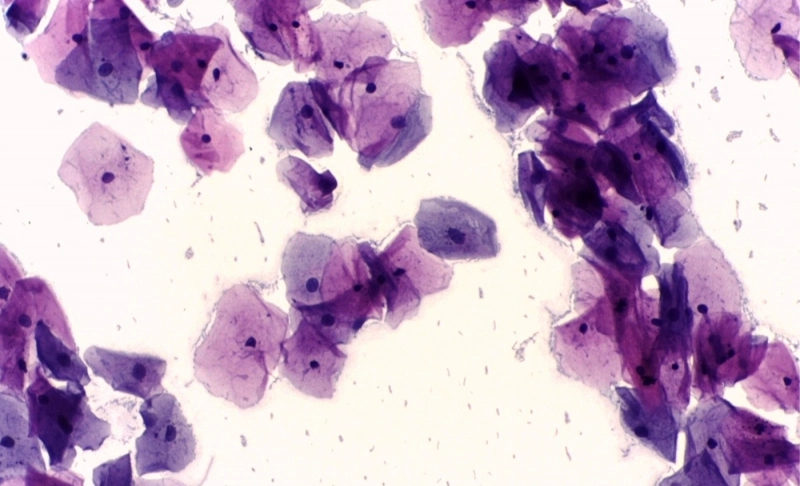By: Gayathri Loka
January 10 2022

Pap smears (otherwise known as cervical screening and/or smear tests) screen for HPV and cervical cancer. They do not cause HPV or cervical cancer.
Pap smears (otherwise known as cervical screening and/or smear tests) screen for HPV and cervical cancer. They do not cause HPV or cervical cancer.Recent Facebook posts have discussed pap smears (otherwise known as cervical screening and/or smear tests), with various online petitions falsely stating that these tests cause human papillomavirus (HPV) and/or cervical cancer. Some social media users have contradicted these petitions, correctly asserting that pap tests cannot harm women. According to the NHS, "HPV is the name of a very common group of viruses. They do not cause any problems in most people, but some types can cause genital warts or cancer. HPV affects the skin. There are more than 100 different types." According to Mayo Clinic, some forms of HPV can cause cervical cancer. These infections are often transmitted sexually or through other skin-to-skin contacts. Vaccines can help protect against the strains of HPV. Pap tests look for pre-cancers and cell changes on the cervix that might develop into cervical cancer if not treated appropriately. According to the Centers for Disease Control and Prevention (CDC), a healthcare professional will use a plastic or metal instrument called a speculum during the pap test to check the patient. During the test, cells are collected from the cervix, which are then sent to the laboratory for examination. The National Cancer Institute differentiates between tests for HPV and pap tests. The HPV test checks cells for infection with high-risk HPV types. The pap test collects cervical cells and looks at them for changes caused by HPV that may – if they are left untreated – turn into cervical cancer. Neither of these tests causes cancer.